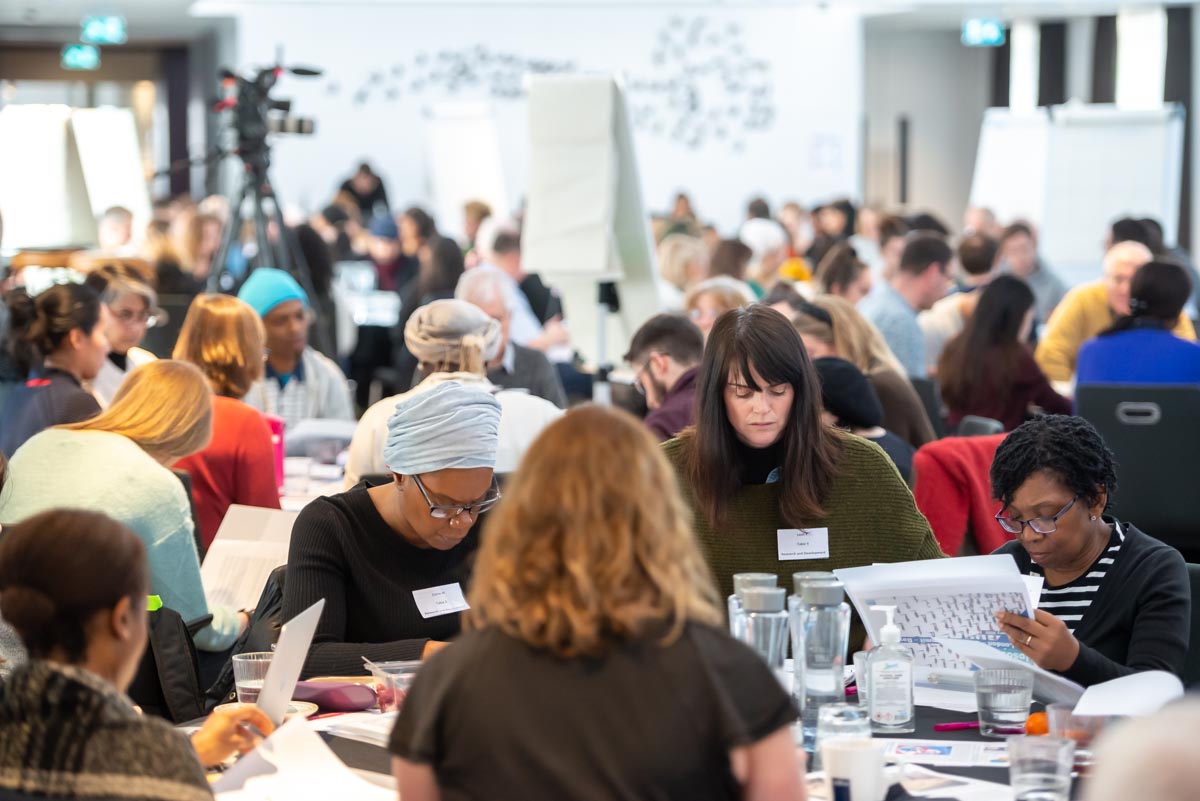Londoners have set out how they expect their health and care data to be used to improve care. A diverse mix of 100 Londoners strongly endorsed joined up data sharing by NHS and care services under clear conditions.
Commenting on the findings from the HIN-supported OneLondon Citizen’s Summit Public deliberation in the use of health and care data report, Denis Duignan, Head of Digital at Health Innovation Network, said:
“We welcome this report as for the first time it sets out how Londoner’s want their health and care data to be used. This is vital because patient confidentiality is such a delicate issue and sharing data between healthcare providers has huge benefits in directly caring for patients, and also for wider research, proactive and personalised care.
“This is compounded by the fact that the data captured and shared by the public through a plethora of digital tools and devices will soon provide additional information and capabilities to improve how we care for patients and ourselves as citizens.”
Read the story here and download the report here.
Watch the NHS’s video setting out the potential for data in health and care here.
“Sharing data between healthcare providers has such huge benefits in directly caring for patients, and also for wider research, proactive and personalised care. ”Denis Duignan, Head of Digital at Health Innovation Network
See more work by our Technology team
From reviews into online consultation across south west London, a market review of social prescribing platforms and digital transformation click on the button below.
More info